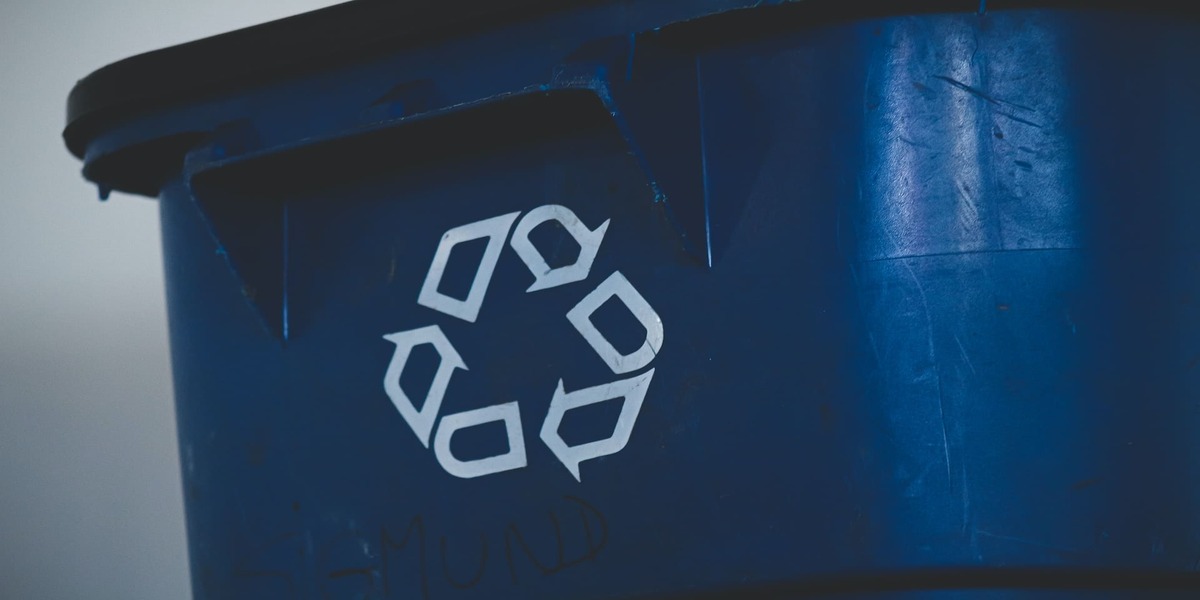Plastic Consumption
The average global consumption of plastic is 28. Consumptions based on the country are:
US: 109
Europe: 65
China: 38
Brazil: 32
India: 11, which is a tenth of the US
Single Use Plastic
Single-use or disposable plastics are used only once before they are thrown away or recycled. These include plastic bags, straws, coffee stirrers, soda, water bottles, and most food packaging.
50% of the plastic we use is just used once and thrown away. Enough plastic is thrown away each year to circle the earth four times. We currently recover only 5% of the plastics that we produce.
We should refuse the use of single-use plastics as:
- They are made from fossil fuels
- They have a huge carbon footprint on the planet
- They are non-biodegradable
- Only a small percentage is recycled
- The toxins are leached into the food and drinks that are stored in them
- They can cause health problems such as hormone disruption and cancers
- It also pollutes the oceans, which can harm marine animals and birds
- And can enter into our food chain
Application of Plastics
The 4 major sectors where plastics are used are for packaging (India: 43%, World: 35%), Infrastructure (India: 21%, World: 25%), auto (India: 16%, World: 17%) and agriculture (India: 2%, World: 8%).
Total plastic waste generated daily is about 15,342 tonnes, of which 60% of India’s plastic waste is recycled, I.e., 9,205 tonnes.
To beat plastic waste pollution, we need to unanimously take some steps like:
- Spread awareness on plastic waste and single-use plastic waste
- Environmental Concerns
- Alternatives to single-use plastics
- Technologies to manage plastic waste
Mitigation of Plastic Pollution
At any stage of the lifecycle of plastic, it is valuable as even after use, if the plastic waste undergoes chemical recycling, it can be used as feedstock for plastic production. It can be used in product manufacturing if it undergoes mechanical recycling. Apart from these, plastic waste can also be used to recover energy.
The most favored options in mitigation are: Reduce, Reuse, Recycle
Alternatives to single-use plastics
- Reusable storage bags
- Reusable produce bags
- Zero-waste bento bags
- Bee’s wrap
- Recycle Plastics
Recycling helps conserve non-renewable fossil fuels, led by reduced energy consumption and reduced amounts of solid waste. It indirectly reduces the emissions of carbon dioxide (CO2), Nitrogen Oxide (NO), and Sulphur dioxide (SO2).
Technologies for Recycling
- PET/PE Wash Line
- PP/HDPE Wash Line
- Automated Bailing Machine
This article was contributed by our expert Rohit Kumar Sahu
Frequently Asked Questions Answered by Rohit Kumar Sahu
Q1. What is the demand for recycled plastic?
MLP and LDPE like flexible plastic
Q2. Why is there a limited market for recycled plastic?
Because no plastic industry is responsible for waste recycling. He does only landfill. It saves cost.
Q3. Who are the major players operating in the plastic waste management market?
Ramky group , The shakti plastic, Uflex limited, and Nepra .
Q4. Will banning plastic bags help?
No. Only increase the plastic micron, so the plastic has easily recycled.
Q5. What new technologies are available for recycling?
Double filter extruder line, cutter compactor DFC type machine, Pelitizer type extruder machine. Washing line hot wash cold wash with heater dryer, washing line squeezed type without heater.
Create an account to read the full article
Create Account
Already have an account? Sign in

